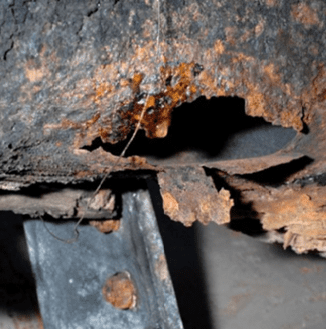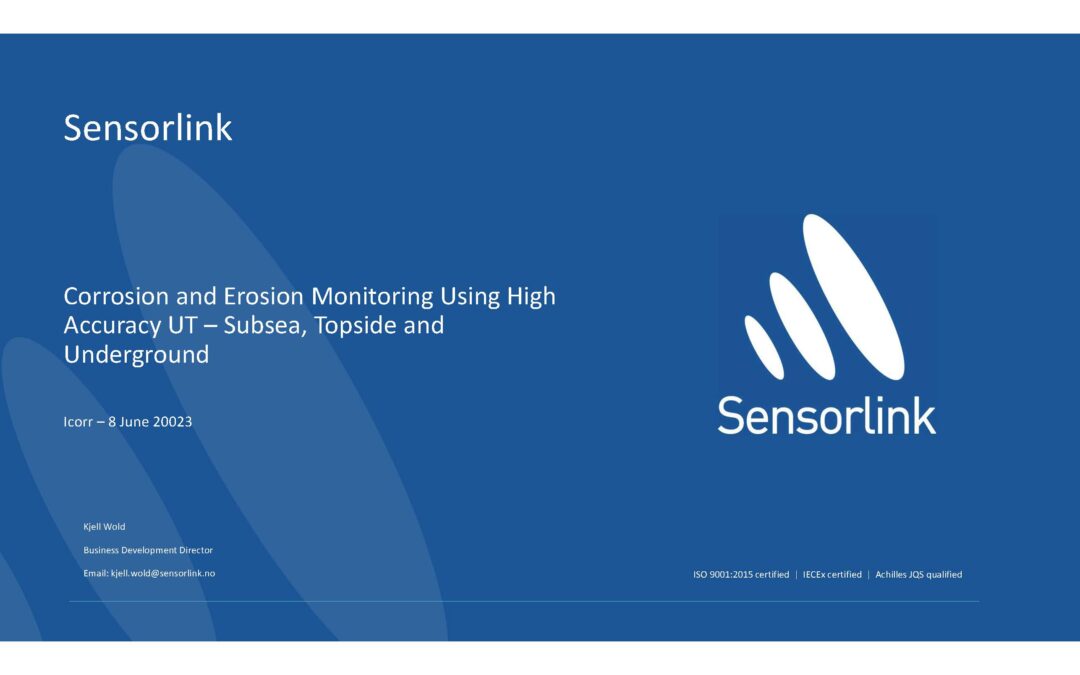The cart is empty!
New Corrosion Sensor
Researchers at Bournemouth University have developed and patented a new corrosion sensor that they say could improve safety and reliability of large structures including bridges and pipelines, as well as vehicles and machinery.
According to the University, the sensor can detect defects and risks in infrastructure at a much earlier stage than the methods currently used, and could therefore result in reduced costs as well as improved safety.
This sensor works on the same principal as health screenings, ie aims spot “health” risks in vehicles and mechanical structures before corrosion reaches an advanced and dangerous stage, and could avoid costly, lengthy repairs, and hopefully prevent structures from being scrapped altogether, continued the University.”
Other industrial corrosion sensors require cables to be plugged in to a computer, which requires someone in site during maintenance. The device is wireless so it can be attached to a structure and its readings can be continuously monitored off-site.
The technology has reportedly been granted patents in the United Kingdom and the United States. Professor Khan and his team state they are keen to work with partners to roll it out across industry, engineering, and construction companies.
More information can be found at,
https://www.bournemouth.ac.uk/news/2023-01-12/new-sensor-can-prevent-defects-major-structures-reaching-costly-dangerous-levels



